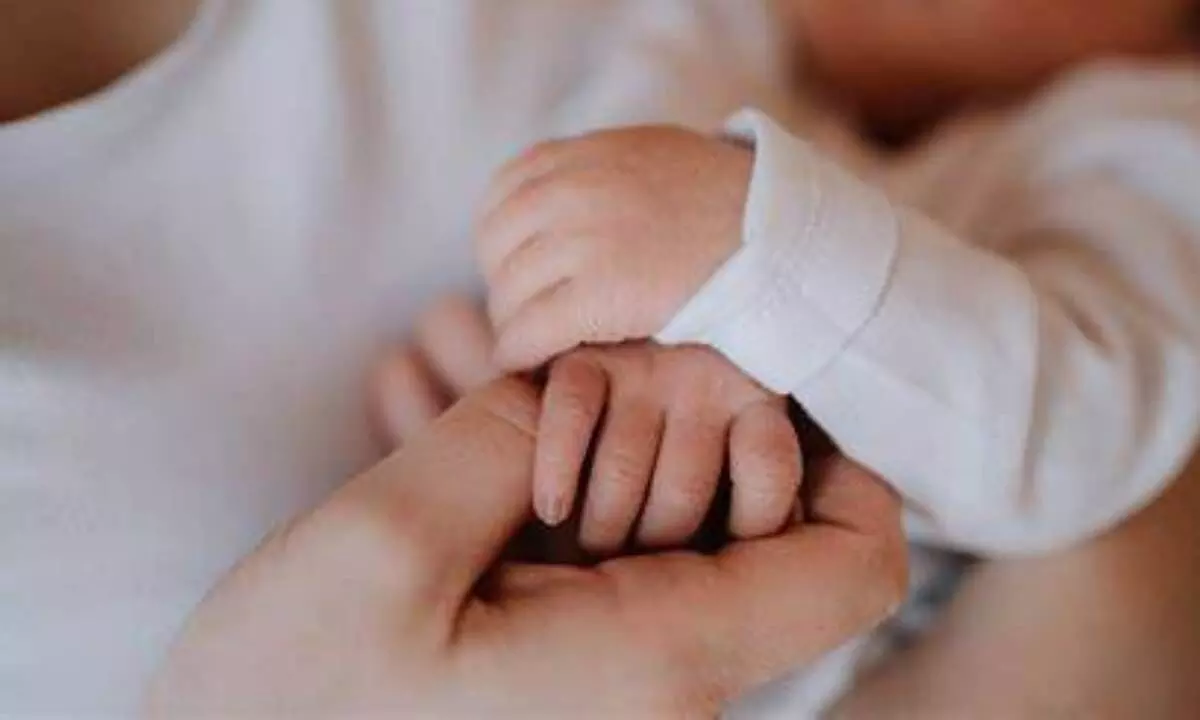Seizures with muscle convulsions could be potential reason for unexpected deaths
Experts estimate in excess of 3,000 families each year in the US lose a baby or young child unexpectedly and without explanation
image for illustrative purpose

New York: Brief seizures, accompanied by muscle convulsions, could be a potential reason behind unexpected deaths in young children, which usually occur during sleep, revealed a study.
Experts estimate in excess of 3,000 families each year in the US lose a baby or young child unexpectedly and without explanation.
Most are infants in what is referred to as sudden infant death syndrome, or SIDS, but 400 or more cases involve children aged 1 and older, and in what is called sudden unexplained death in children (SUDC). Over half of these children are toddlers.
In the study, researchers used extensive medical record analysis and video evidence donated by families to document the inexplicable deaths of seven toddlers between the ages of 1 and 3 that were potentially attributable to seizures.
These seizures lasted less than 60 seconds and occurred within 30 minutes immediately prior to each child's death, said the researchers from the New York University (NYU) Langone Health. Publishing in the journal Neurology, the study showed five of seven recordings were running nonstop at the time and showed direct sound and visible motion indicative of a seizure happening.
The remaining two recordings were triggered by sound or motion, but only one suggested that a muscle convulsion, a sign of seizure, had occurred.
As well, only one toddler had a documented previous history of febrile seizures. All children in the study had previously undergone an autopsy that revealed no definitive cause of death.
"Our study, although small, offers the first direct evidence that seizures may be responsible for some sudden deaths in children, which are usually unwitnessed during sleep," said lead investigator Laura Gould, a research assistant professor at NYU Langone.
Gould lost her daughter, Maria, to SUDC at the age of 15 months in 1997. She points out that if not for the video evidence, the death investigations would not have implicated a seizure.

